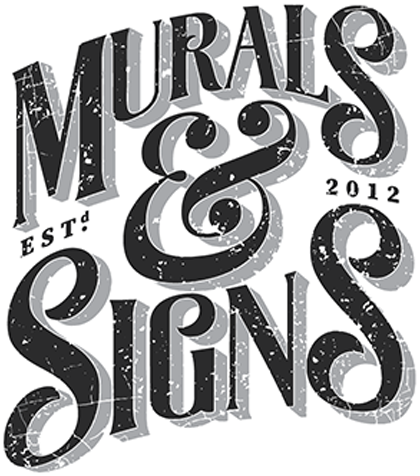When the worlds of artistic creativity and business collaboration converge in commercial mural projects, the negotiation of terms and conditions takes center stage. Crafting a comprehensive and fair contract sets the stage for a successful partnership between artists and clients. In this comprehensive guide, we delve into the essential aspects of negotiating terms and conditions in commercial mural contracts.
Importance of Clear Contractual Agreements
Before delving into the negotiation process, it’s crucial to understand why clear contractual agreements are paramount in commercial mural projects:
Defining Expectations
Contracts outline the expectations, responsibilities, and obligations of both parties involved. Clear terms prevent misunderstandings and disagreements down the line.
Legal Protection
Contracts provide legal protection for both artists and clients. In case of disputes or breaches, a well-crafted contract serves as a reference point for resolving issues.
Scope of Work and Project Details
Defining the scope of work and project details is the cornerstone of any mural contract negotiation:
Mural Design and Concepts
Specify the mural’s design, style, color palette, and themes. This ensures that both parties have a shared understanding of the artistic vision.
Dimensions and Location
Outline the mural’s dimensions and precise location. This prevents ambiguity and ensures that the mural fits seamlessly within the designated space.
Project Timeline
Establish a realistic project timeline with milestones and deadlines. This keeps the project on track and sets expectations for completion.
Compensation and Payment Terms
Negotiating compensation and payment terms is a critical aspect of the contract negotiation process:
Total Project Cost
Determine the total project cost, considering factors such as artist fees, materials, equipment, and any additional expenses.
Payment Schedule
Set a clear payment schedule with specific milestones tied to payments. This provides artists with a steady income stream and clients with transparency.
Additional Expenses
Address any potential additional expenses that may arise during the project, such as unforeseen materials or equipment requirements.
Intellectual Property Rights and Usage
Intellectual property rights and usage terms are central to commercial mural contracts:
Copyright Ownership
Clarify the copyright ownership of the mural. Artists and clients must agree on whether the copyright remains with the artist or is transferred to the client upon completion.
Usage Rights
Define how the client can use the mural. This includes details on where and how the mural can be displayed, reproduced, or modified.
Derivative Works
Discuss whether the client has the right to create derivative works based on the mural or incorporate it into other projects.
Changes and Revisions
Accounting for changes and revisions is essential for maintaining project flexibility:
Change Request Process
Outline a clear process for requesting and implementing changes to the mural design or scope. Specify whether changes incur additional fees.
Client Feedback and Approval
Define the process for obtaining client feedback and approvals at different project stages, ensuring timely communication.
Termination and Cancellation
Addressing termination and cancellation clauses protects both parties:
Termination Conditions
Specify under what conditions either party can terminate the contract, along with any associated fees or responsibilities.
Cancellation Fees
Outline any cancellation fees that may apply if the project is terminated before completion. This compensates artists for work already performed.
Confidentiality and Non-Disclosure
Preserving confidentiality is crucial, especially if proprietary information is shared:
Confidential Information
Define what constitutes confidential information and outline how it should be handled and protected during and after the project.
Non-Disclosure Agreements
Consider including a separate non-disclosure agreement (NDA) if sensitive information is exchanged during negotiations or the project.
Legal Jurisdiction and Governing Law
Establishing legal jurisdiction and governing law sets the framework for dispute resolution:
Legal Jurisdiction
Specify the jurisdiction where any legal disputes would be resolved, providing clarity for potential legal proceedings.
Governing Law
Indicate the governing law that will apply to the contract. This ensures consistency in interpretation and enforcement.
Conclusion
Negotiating terms and conditions in commercial mural contracts requires meticulous attention to detail and a collaborative spirit. As artists and clients come together to transform spaces into vibrant canvases, the negotiation process sets the stage for a harmonious partnership that values creativity, transparency, and mutual respect. By addressing key aspects such as scope of work, compensation, intellectual property, and legal considerations, both artists and clients can embark on their collaborative journey with confidence, knowing that their shared vision will be realized through a well-crafted and mutually beneficial contract.
Legal issues to address before starting a commercial mural project
